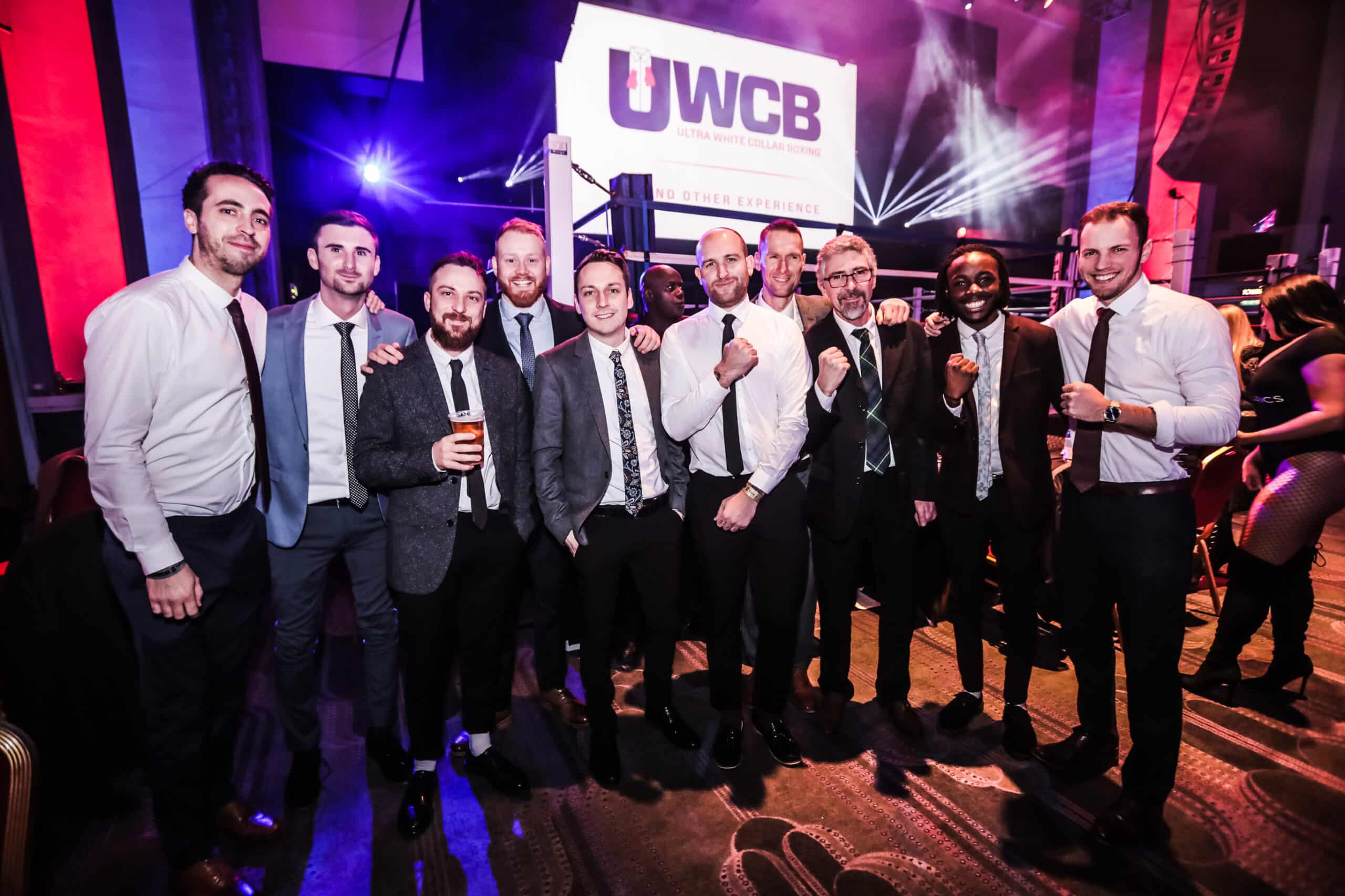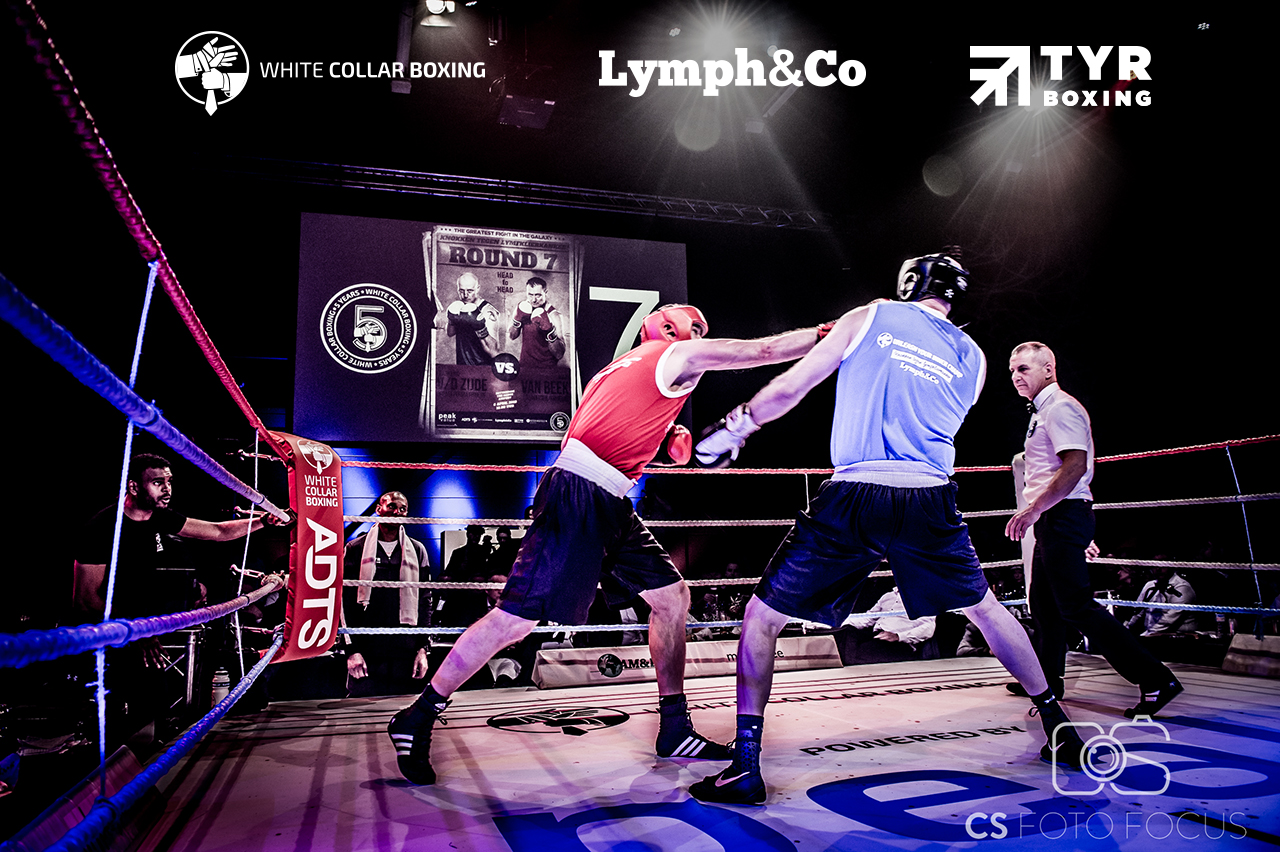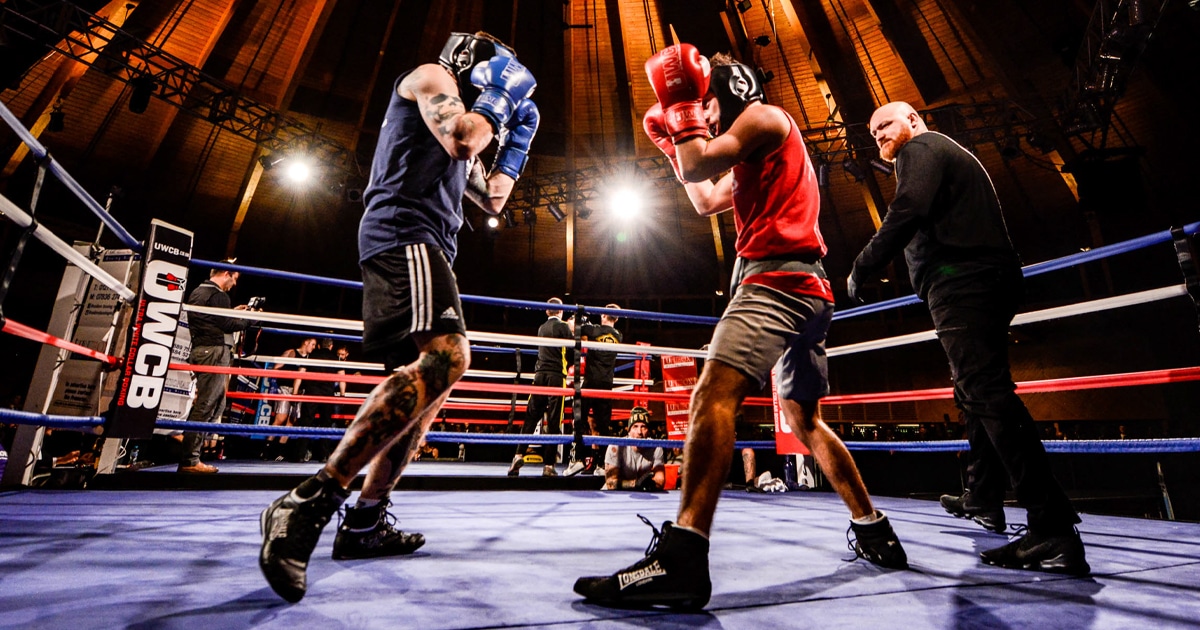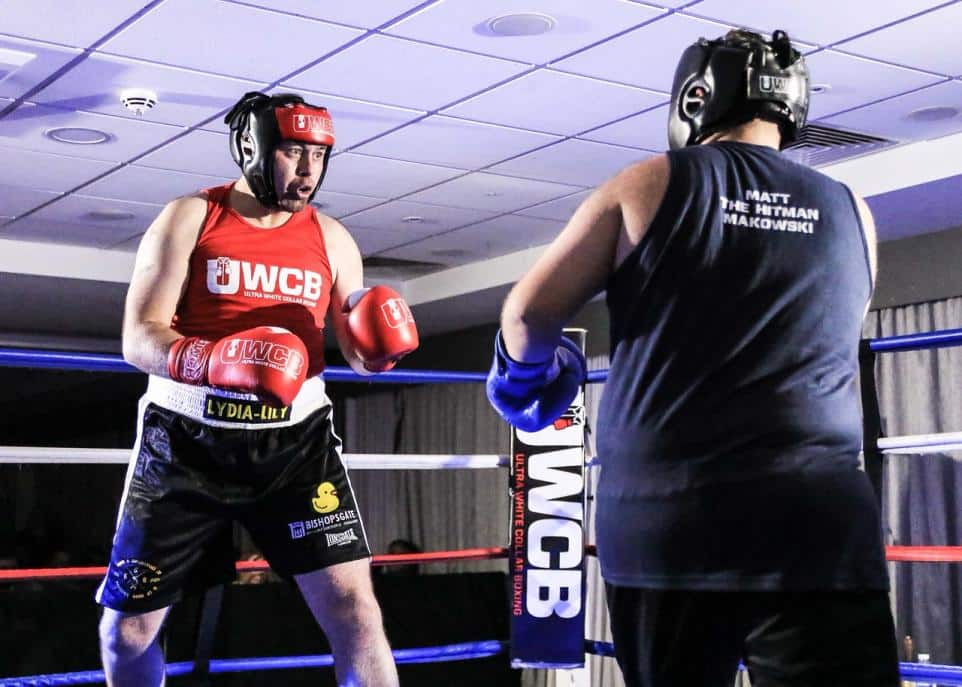How To Organise A White Collar Boxing Event

The air crackles with anticipation, the rhythmic thump of jump ropes a counterpoint to nervous laughter. Gloves are laced, wraps are tightened, and the scent of liniment hangs heavy in the air. These aren't seasoned professionals, but office workers, bankers, and lawyers, all trading spreadsheets for sparring sessions, all preparing for a night they'll never forget: their white-collar boxing debut.
Organizing a white-collar boxing event is a complex undertaking, demanding meticulous planning and execution. This article provides a roadmap, guiding you through the key stages, from initial concept to the final bell, ensuring a safe, ethical, and unforgettable experience for participants and spectators alike.
The Foundation: Planning and Permits
First, define your goals and target audience. Are you aiming to raise money for charity, foster team building within a company, or simply create a unique sporting event? This will influence all subsequent decisions.
Securing appropriate licenses and permits is paramount. Contact your local council or relevant authorities to understand the specific regulations in your area. Neglecting this crucial step can lead to legal complications and potential shutdowns.
Finding the Right Venue
The venue must be suitable for boxing, with sufficient space for a ring, seating, and ancillary facilities. Consider factors like accessibility, parking, and acoustics. A well-chosen venue elevates the entire event experience.
Ensure the venue meets safety standards and has adequate insurance coverage. Conduct a thorough risk assessment to identify and mitigate potential hazards.
Participant Recruitment and Training
Recruiting participants is crucial for a successful event. Target individuals with a genuine interest in boxing and a commitment to training. A diverse group of participants from different backgrounds adds to the event's appeal.
Mandatory, structured training is non-negotiable. Partner with experienced and qualified boxing coaches who can provide safe and effective instruction. This training typically spans several weeks, focusing on technique, fitness, and safety protocols.
Participants should undergo thorough medical examinations before and during training. This ensures they are physically fit to participate and helps prevent injuries. Safety must be the top priority.
Matching and Medical Oversight
Careful matching of participants is essential to ensure fair and safe bouts. Match boxers based on weight, experience, and skill level. Avoid mismatches that could lead to injury.
A qualified ringside physician and paramedics must be present throughout the event. They are responsible for assessing injuries and providing immediate medical attention. A clearly defined emergency plan is essential.
"Proper medical supervision is absolutely critical in white-collar boxing," emphasizes Dr. Emily Carter, a ringside physician with extensive experience in combat sports. "We're there to protect the participants' well-being above all else."
Event Promotion and Execution
Effective marketing is key to attracting spectators and generating revenue. Utilize social media, local media outlets, and community partnerships to promote the event. Create compelling marketing materials that highlight the event's unique aspects.
On the night, ensure seamless execution with a well-trained team of volunteers and staff. Focus on providing a positive and entertaining experience for both participants and spectators. Clear communication and efficient organization are paramount.
Consider incorporating fundraising activities, auctions, or raffles to support a chosen charity. White-collar boxing events often provide a platform for raising awareness and funds for important causes. Charity element can significantly enhance the event's appeal.
Post-Event Review and Reflection
After the event, conduct a thorough review to identify areas for improvement. Gather feedback from participants, spectators, and staff. This information will be invaluable for future events.
Acknowledge and thank everyone involved, including participants, coaches, sponsors, and volunteers. Their contributions are essential to the event's success. Recognize and celebrate the achievements of the boxers.
White-collar boxing is more than just a sporting event; it's a transformational experience. It pushes participants beyond their comfort zones, fostering courage, discipline, and camaraderie. The journey from office desk to boxing ring is a testament to the power of human potential. Courage is the keyword.


















